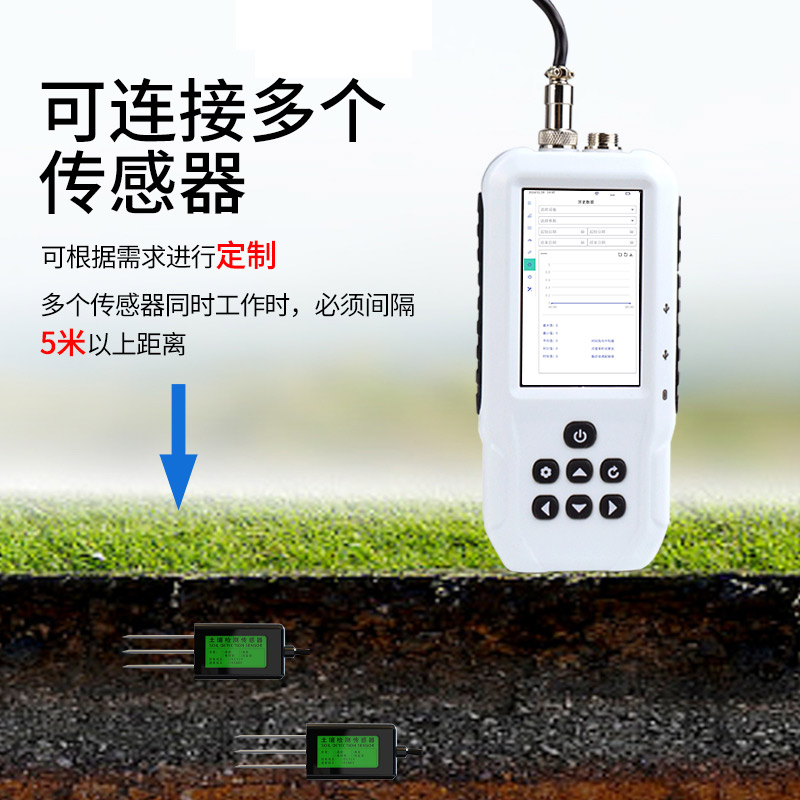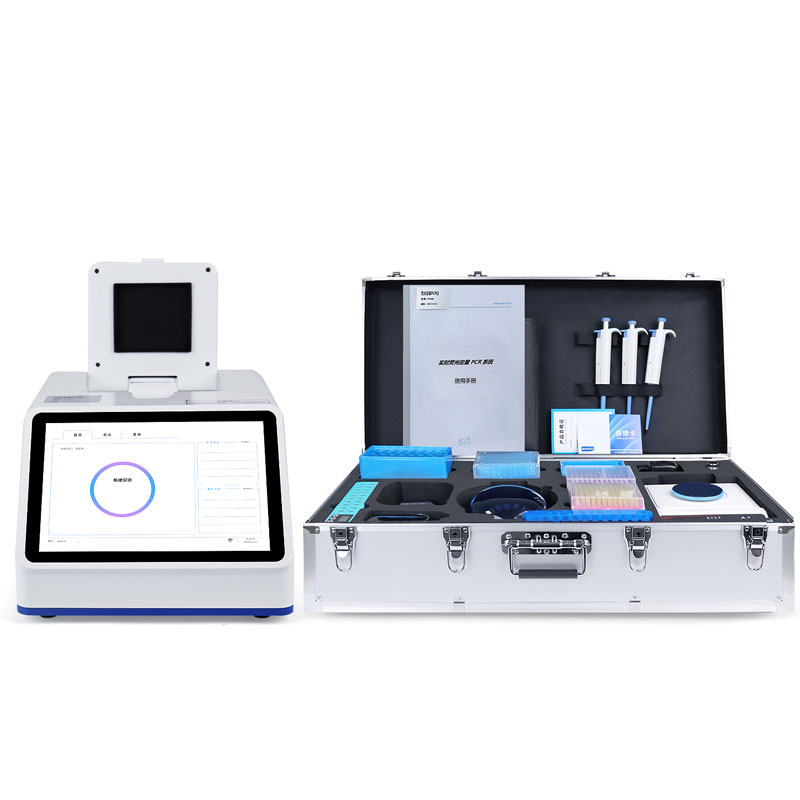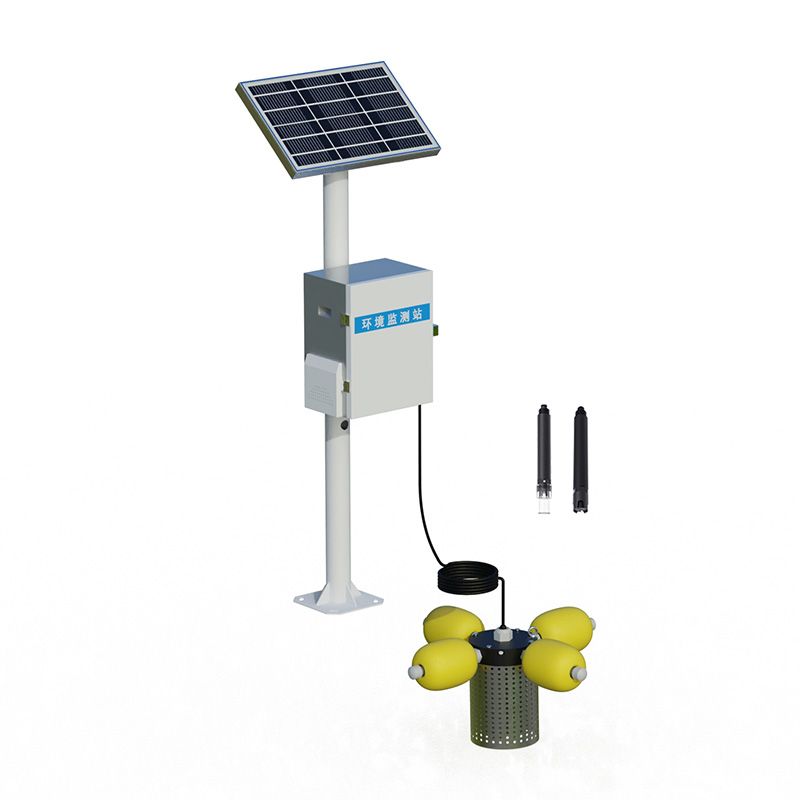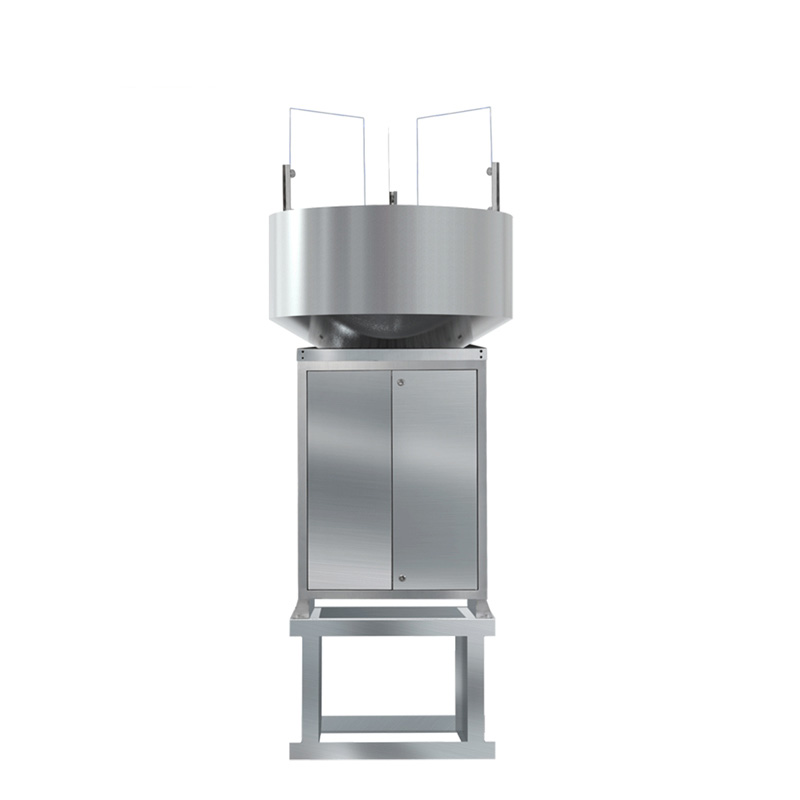Today, we would like to introduce a Soil moisture temperature salinity PH tester, model FT-WSYP1, produced by Fengtu Technology. It can provide users with efficient and comprehensive soil testing support.
I. Testing Items and Functions
The FT-WSYP1 can simultaneously detect soil moisture, temperature, salinity, and pH value. Moisture detection helps understand soil moisture status and determine whether the water content meets the growth needs of crops. Temperature measurement reflects the thermal condition of the soil; different crops have specific requirements for soil temperature at different growth stages, and appropriate temperatures are conducive to crop root development and nutrient absorption. Salinity detection can reveal the salt content in the soil, preventing salinization from harming crops. pH value detection can determine the acidity and alkalinity of the soil, providing a basis for rational fertilization and soil improvement.
This rapid tester is easy to operate with a fast response, enabling quick completion of detection and result generation. It is equipped with a data storage function, which can save a large amount of historical testing data, facilitating data comparison and analysis to grasp the changing trends of soil conditions. It also supports data export, allowing transmission to computers and other devices for in-depth analysis with professional software, thereby providing support for decision-making.
II. Advantages of the Rapid Tester
The instrument features a compact design, small size, and light weight, making it convenient to carry to fields, laboratories, and other environments for on-site testing. It can be used at any time in large-scale farmland and scientific research test fields. The measurement results are highly accurate with small errors, providing reliable soil information.
III. The Role of Soil Temperature, Moisture, Salinity, and pH Value in Agriculture and the Significance of Measurement
Soil temperature affects seed germination, crop root growth, and microbial activity in the soil. Suitable temperatures can promote seed germination and increase germination rate; they are beneficial to root growth, enhancing the ability to absorb nutrients and moisture; and they maintain microbial activity, aiding in organic matter decomposition and nutrient transformation. Measuring soil temperature helps farmers and researchers select sowing times according to crop needs, take heat preservation or cooling measures, and create a favorable soil thermal environment.
Soil moisture is crucial for crop growth. Sufficient moisture allows crops to carry out physiological activities such as photosynthesis and transpiration smoothly. Water deficiency can inhibit crop growth or even cause withering and death; excessive moisture may lead to root hypoxia and disease infestation. By measuring soil moisture, we can accurately grasp the moisture status, arrange irrigation rationally, meet crop needs, and avoid water waste and nutrient loss caused by over-irrigation.
Excessively high soil salinity affects crops' absorption of water and nutrients, and in severe cases, causes physiological drought, leading to poor crop growth or even death. Long-term irrational fertilization and irrigation are likely to cause soil salinization. Measuring soil salinity helps detect salinization problems in a timely manner, and take measures such as rational irrigation, soil improvement, and adjustment of planting structures to reduce salt content and ensure the normal growth of crops.
Soil pH value affects nutrient availability. Different nutrients have different solubility and availability under different pH conditions. For example, in acidic soils, the solubility of elements such as iron and aluminum increases, which may poison crops; in alkaline soils, phosphorus, iron, zinc, etc., tend to form insoluble compounds, reducing their availability. Measuring soil pH value can guide rational fertilization: acidic soils can be improved by applying lime, and alkaline soils by applying sulfur powder, so as to improve nutrient utilization efficiency and promote crop growth.
In summary, the soil temperature, moisture, salinity, and pH rapid tester FT-WSYP1 is convenient for agricultural production and scientific research. The accurate measurement of soil temperature, moisture, salinity, and pH value facilitates agricultural precision management, soil improvement, and research on high-quality and high-yield crops.

This paper addresses:https://www.fengtusz.com/industry/805.html









